

Gravity Ghost starts out simple enough. I jump from planet to planet, using their gravitational pulls to launch myself into 2D orbits that put me within reach of the star I need to collect in every level before finding the exit door.
We've seen this basic premise of platforming around small planetoids and intersecting gravities before in Mario Galaxy and Ratchet and Clank. There's even a multiplayer shooter on Steam called Orbital Gear that controls and moves almost exactly the same.
Gravity Ghost wholly dedicates itself to this idea, executes it better and without shotguns, and even finds time to explore more complicated puzzles and an unconventional story told unconventionally. It fumbles at times, especially with its story and presentation, but even when it does, it's always more entertaining than annoying.
A lot of what makes Gravity Ghost work is its pacing, which kept me playing through the entirety of its three hours in one sitting. In another reference to Mario games, you choose levels from a world map divided into different hubs, or constellations, which you unlock by collecting more stars.
Each constellation adds a new element—water, fire, etc.— which let me transform plants, and a movement ability that makes jumping between planets easier and more fun. I gained the ability to jump while in the air, hover mid-air, and descend more quickly as if jumping cannonball into a pool.
Just when I feel like Gravity Ghost is only about the simple thrill of flinging myself around planets, it introduces an ability that let me turn solid planets into water planets I can swim through. Right as I get a little bored with the puzzles that require me to slow down and think about transforming planets, it puts me into a level where I need to gather enough momentum to smash through glass planets, or one in which I chase down a spirit animal that mirrors my movements.
The only notable issue here is that there's something inherently confusing about controlling a character whose up and down are constantly shifting. I got used to it eventually, but I messed up jumps until the very end by moving in the opposite direction I intended.
Instead of a boss fight, each constellation also ends with a unique, more elaborate puzzle level. It plays off other concepts in the game, but it always introduces new ideas and art you'll only see there. One I liked a lot, and that was difficult for me because I don't have even a preschooler's understanding of how primary colors work, required me to rotate around a planet to move different colored shadows of a fox until they overlapped and created purple and orange foxes. Since Gravity Ghost is a puzzle game, it's pretty much required by law to have a light/mirror puzzle, so there was another "boss" level in which I had to rotate around a series of gears in the right order to point light beams at triggers to summon an owl.
The puzzles are superbly designed, introducing small new twists while relying on the lessons I learned in the previous level, but the jumping and gravity physics is the foundation that makes everything work. If Super Meat Boy and its imitators are all about pixel-accurate controls and unforgiving levels, Gravity Ghost finds just as much joy in jumps that are impossible to fully predict, but that can hang in the air as long as needed, and mistakes that never end in death, just a longer path to success.
At this point you've probably noticed that Gravity Ghost has some cute animals in it. In addition to those I've mentioned thus far, there's also a frog, a deer, and some kind of bird that, when you catch it, leaps joyfully into the air, leaving behind a trail of pretty flowers.
If you're looking at these animals, screenshots, and the player character who's a little girl in a colorful dress and you're thinking "this isn't for me," I can relate. Not that I object to any of it on principle! I agree with Tyler that PC games could use more Nintendo-y charm, but there's something about Gravity Ghost's particular aesthetic that's aggressively precious. It actually gets pretty dark towards the end, where it reveals how all these animals and repeated symbols fit together, and it's a powerful and melancholy moment.
Until it gets there, however, it comes on a little strong and saccharine. It wants to be Spirited Away but it ends up being more Dora the Explorer. Both are about little girls, but one is a masterpiece and the other is boilerplate kids' show.
It also doesn't help that the drawn art assets, which look fine during play, are not high-res enough for the closeups during story bits, and that the voice acting, both in recording quality and performance, veer from indie to amateur. Ashly Burch, who I like a lot as Tiny Tina in Borderlands, provides most of the voice work, but here she comes off as insincere when playing it straight, and like Gravity Ghost won't let her go full Tina when trying to be funny.
For all the love that I could tell was put into it, Gravity Ghost's story ultimately feels stilted, but I sure as hell appreciate its ambition, and it’s otherwise a novel, excellently paced, and consistently clever puzzle-platformer.
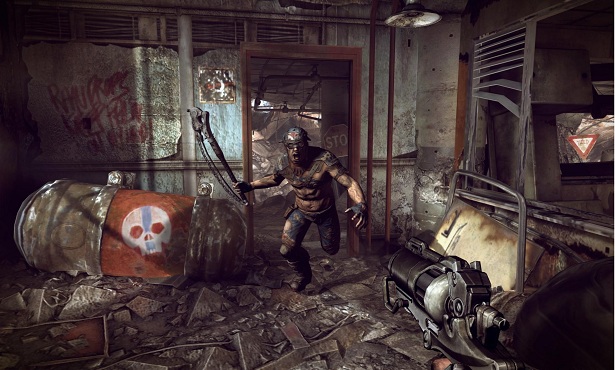
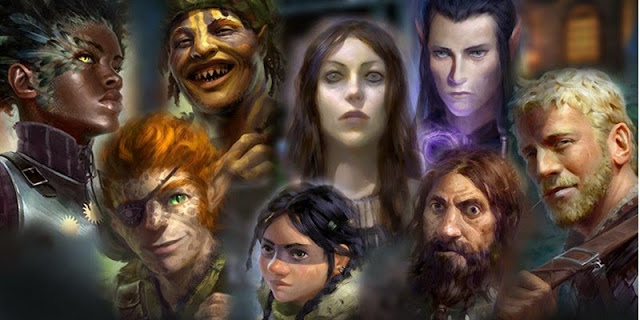
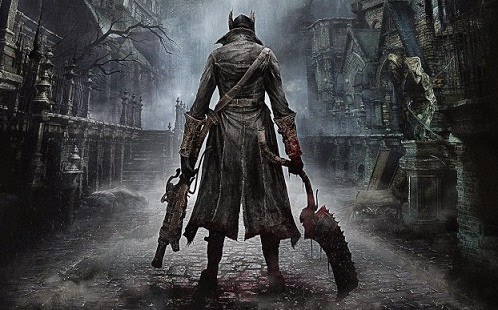

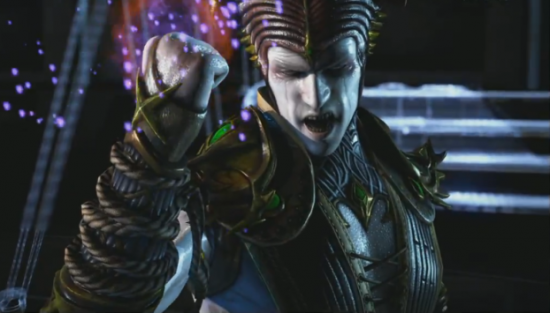 Mortal Kombat X Guide: How to Play Shinnok
Mortal Kombat X Guide: How to Play Shinnok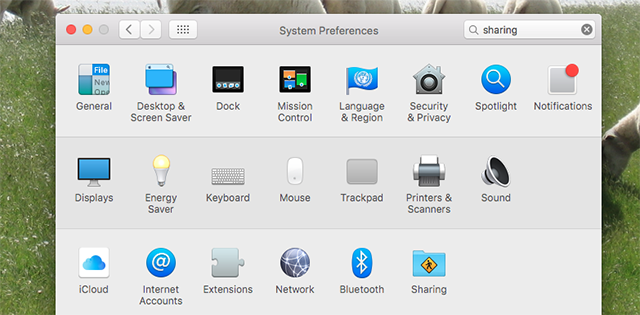 How to Share Your Mac's Internet Connection Using OS X
How to Share Your Mac's Internet Connection Using OS X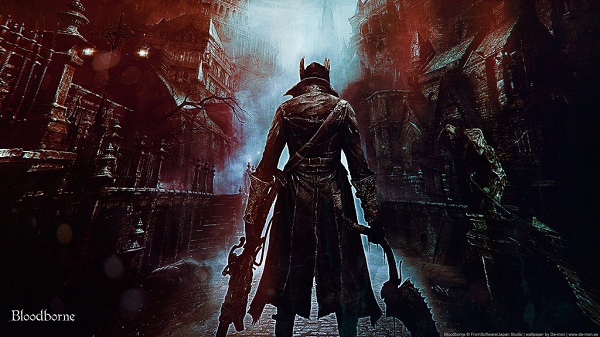 How to Beat Bloodborne PS4 Rom, the Vacuous Spider in a Completely Safe way
How to Beat Bloodborne PS4 Rom, the Vacuous Spider in a Completely Safe way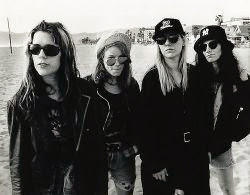 L7 announces return to the stage after 14 years
L7 announces return to the stage after 14 years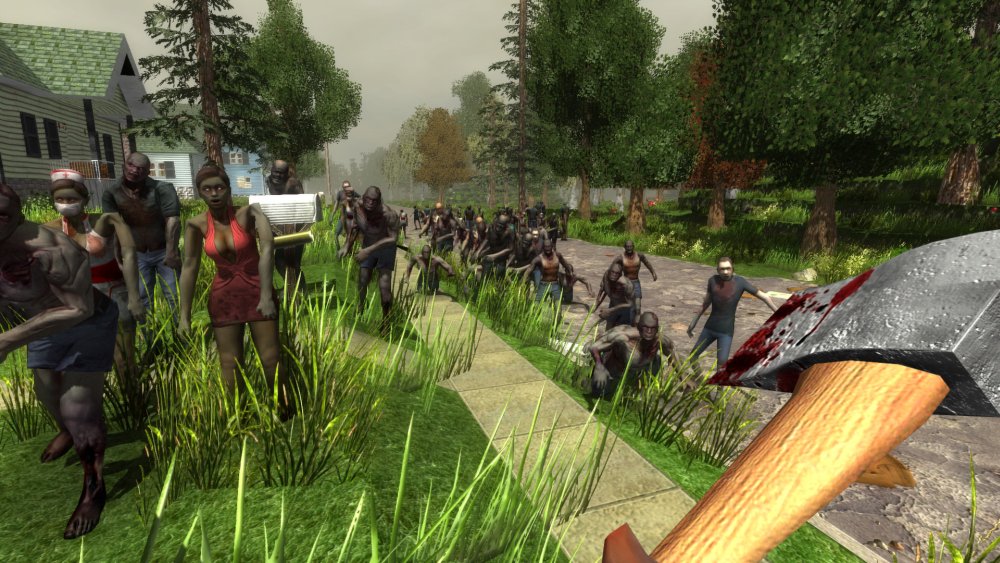 7 Days To Die - Surviving Your First Night!
7 Days To Die - Surviving Your First Night!